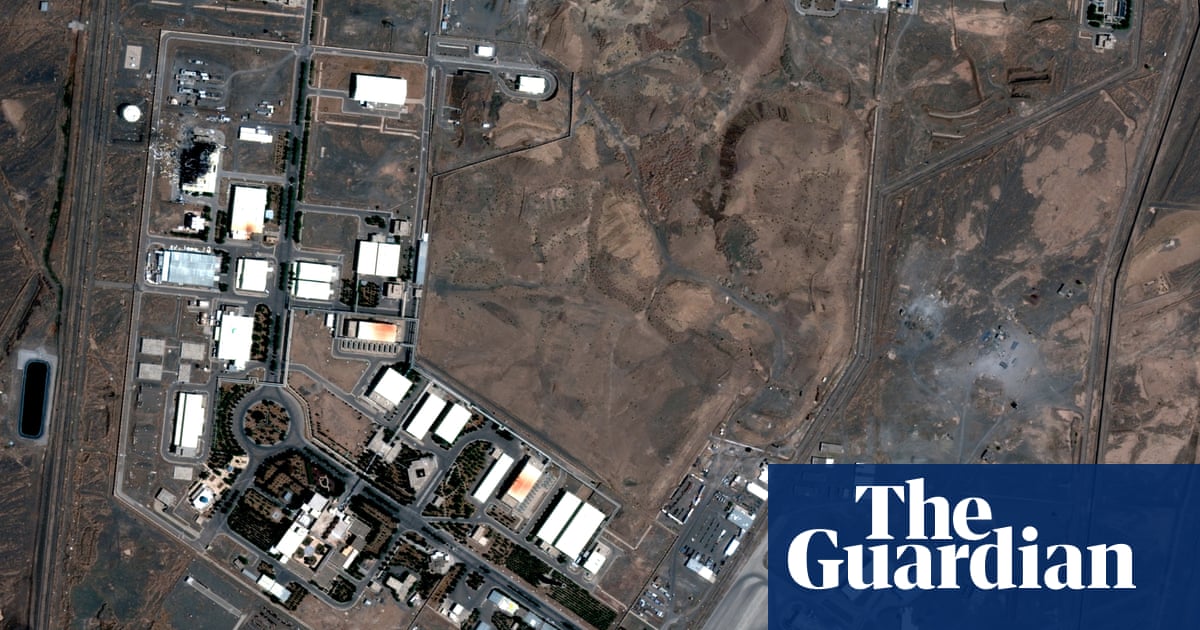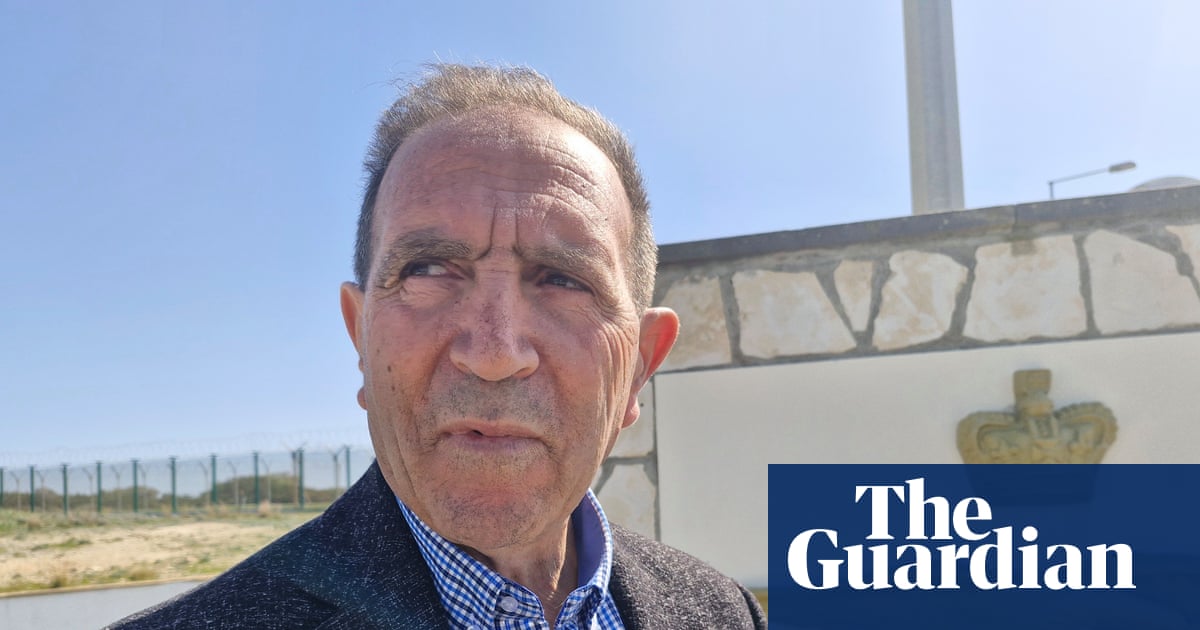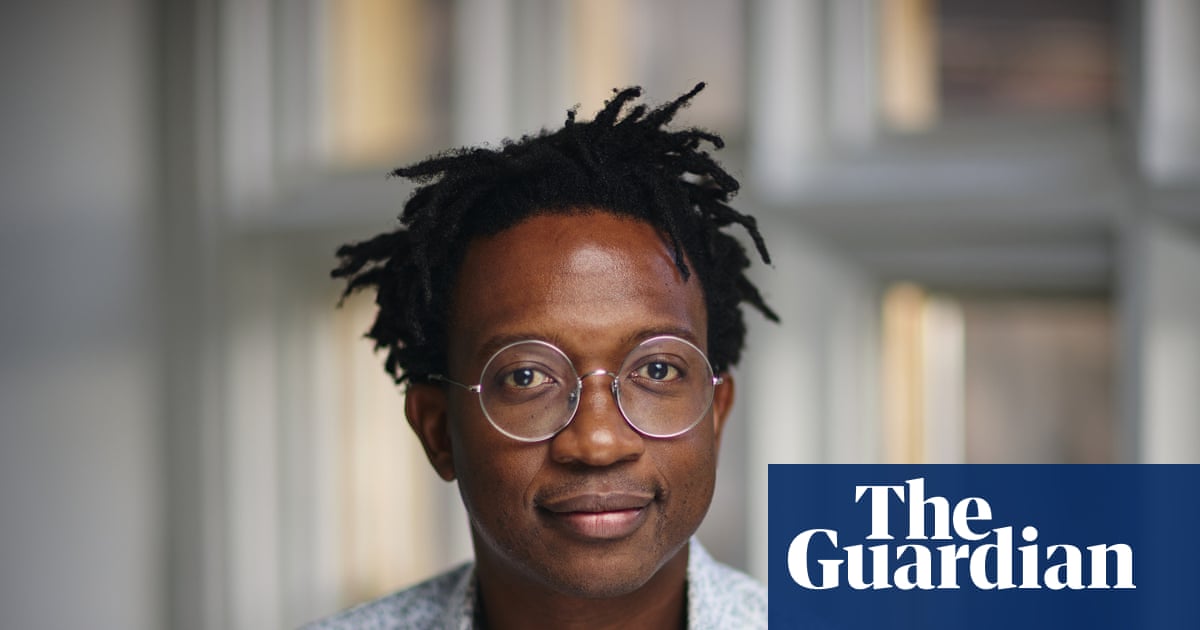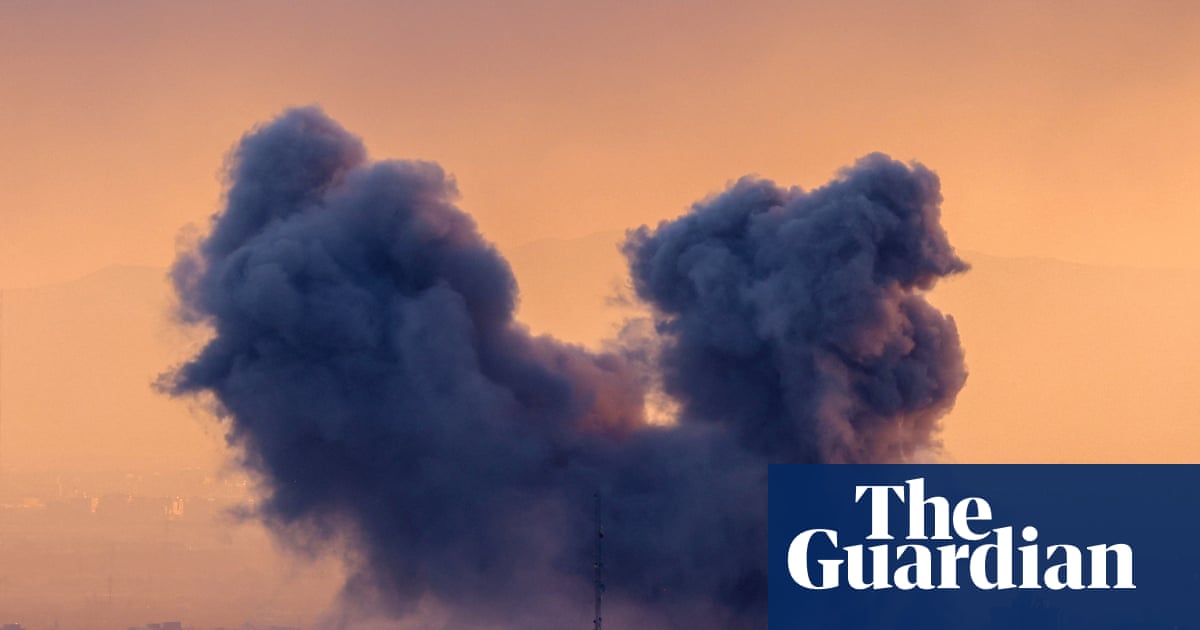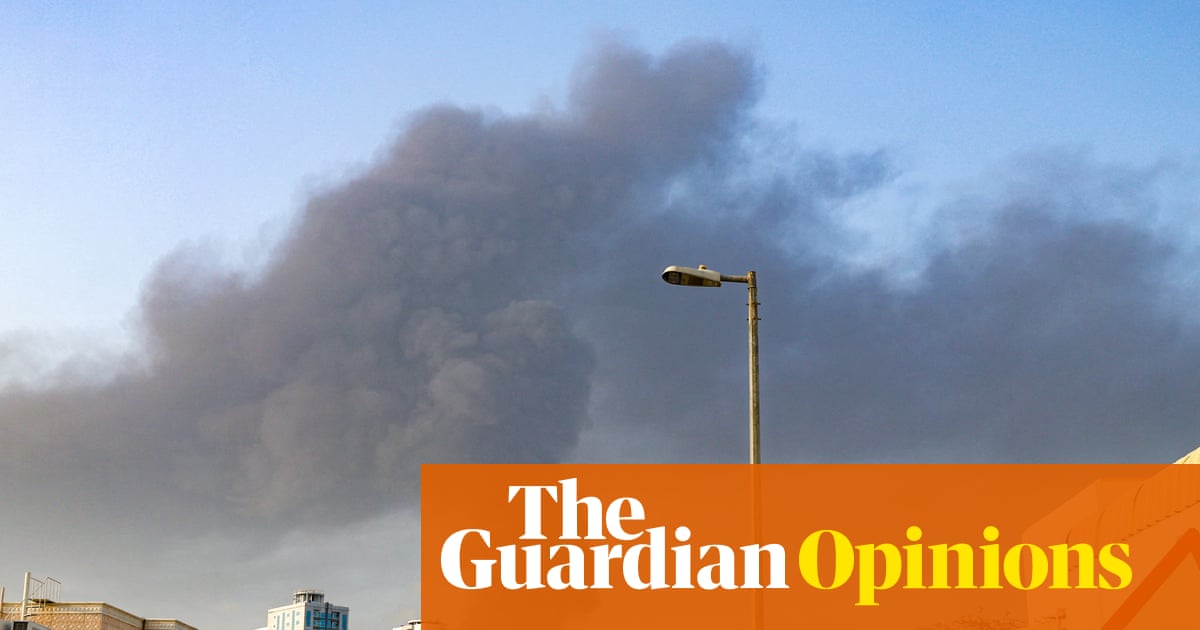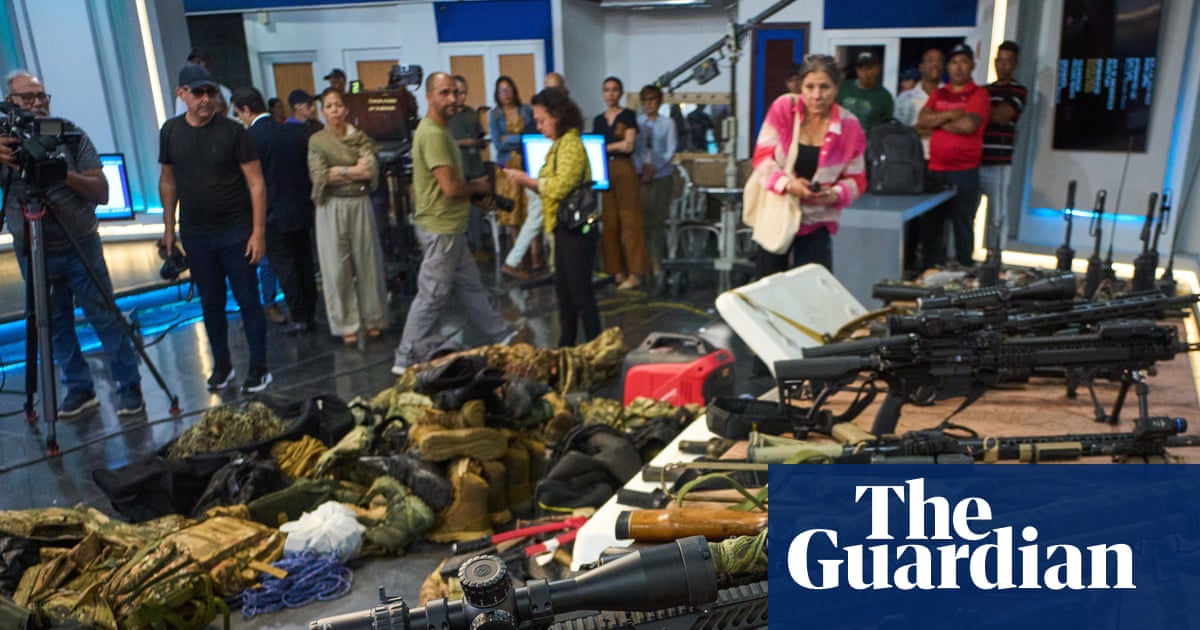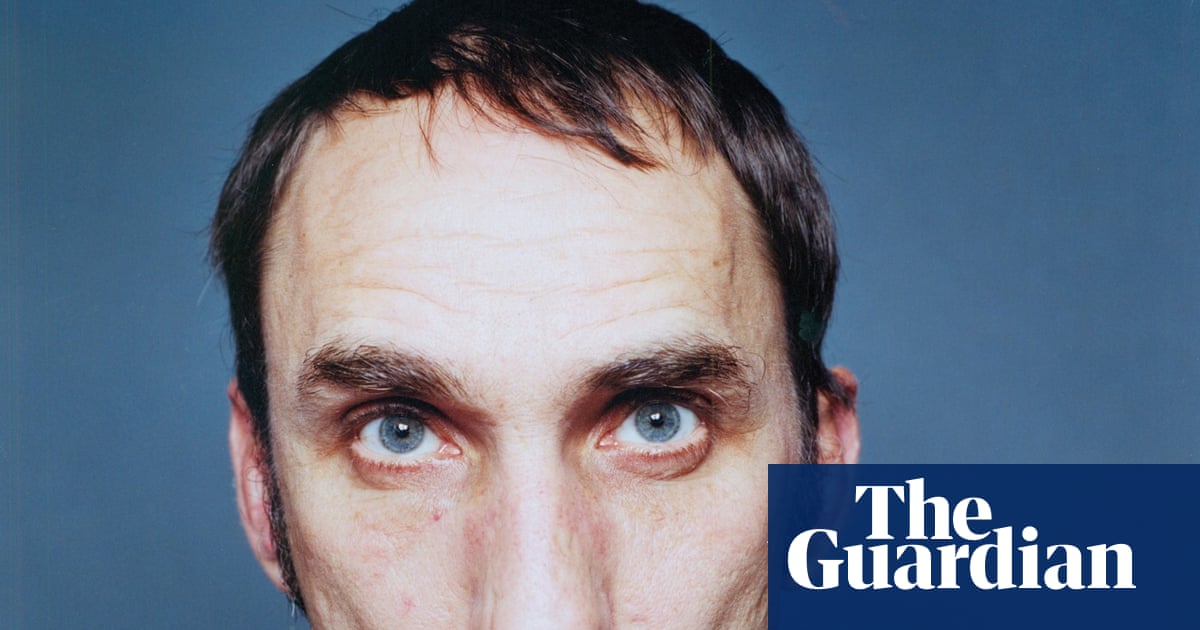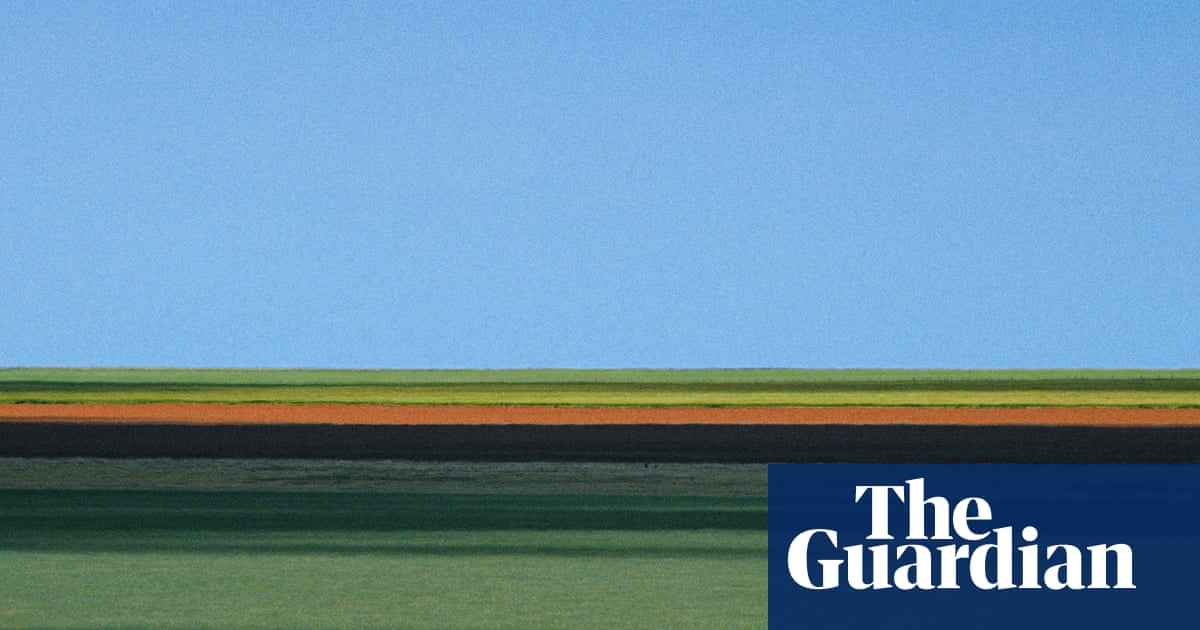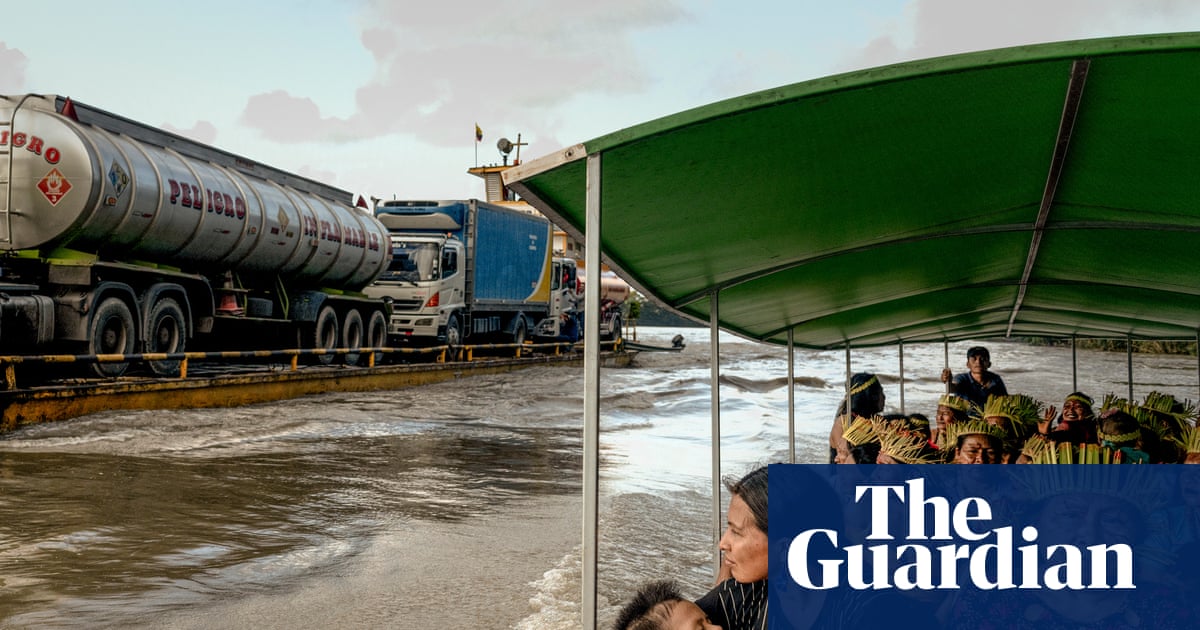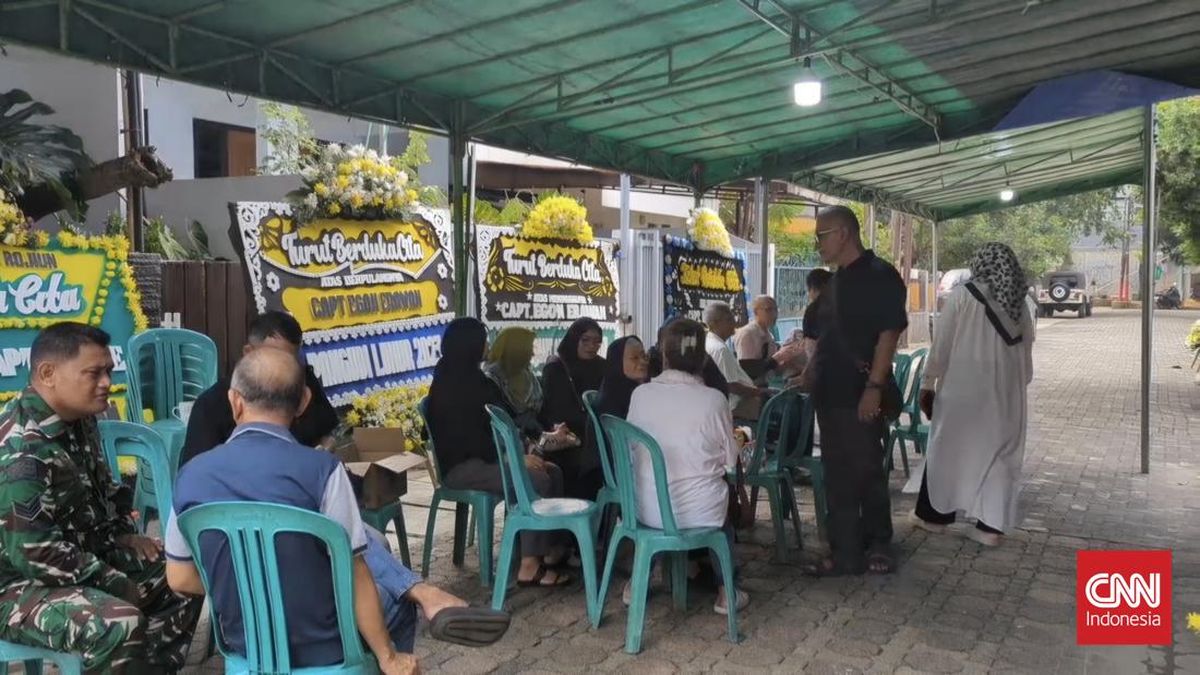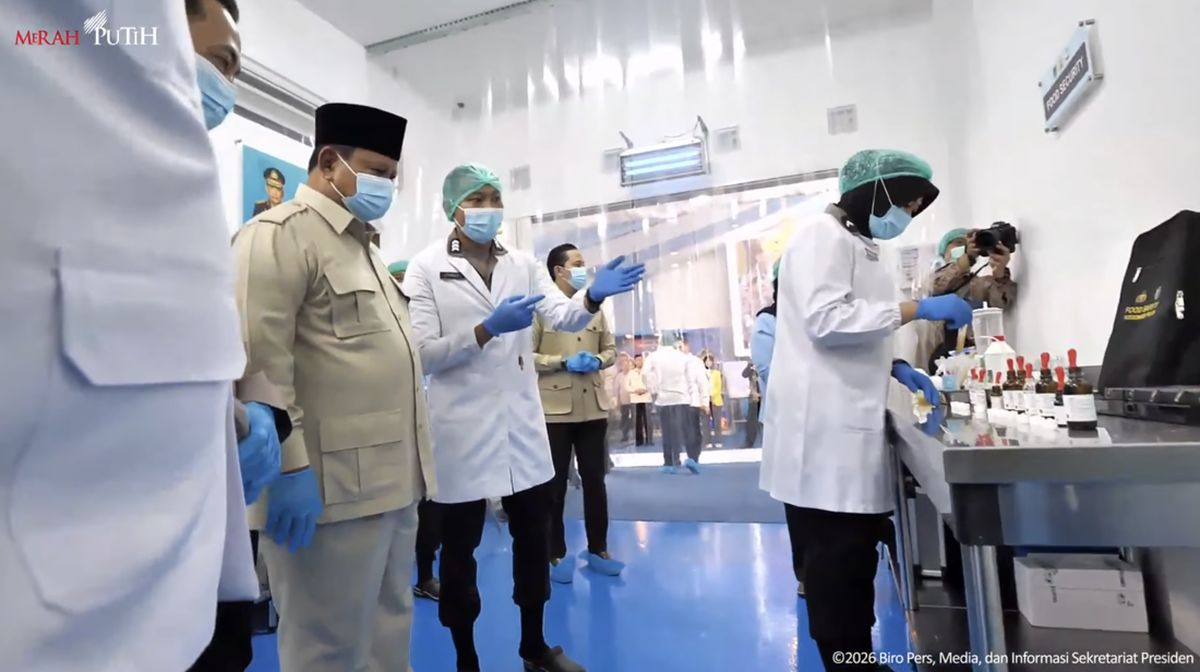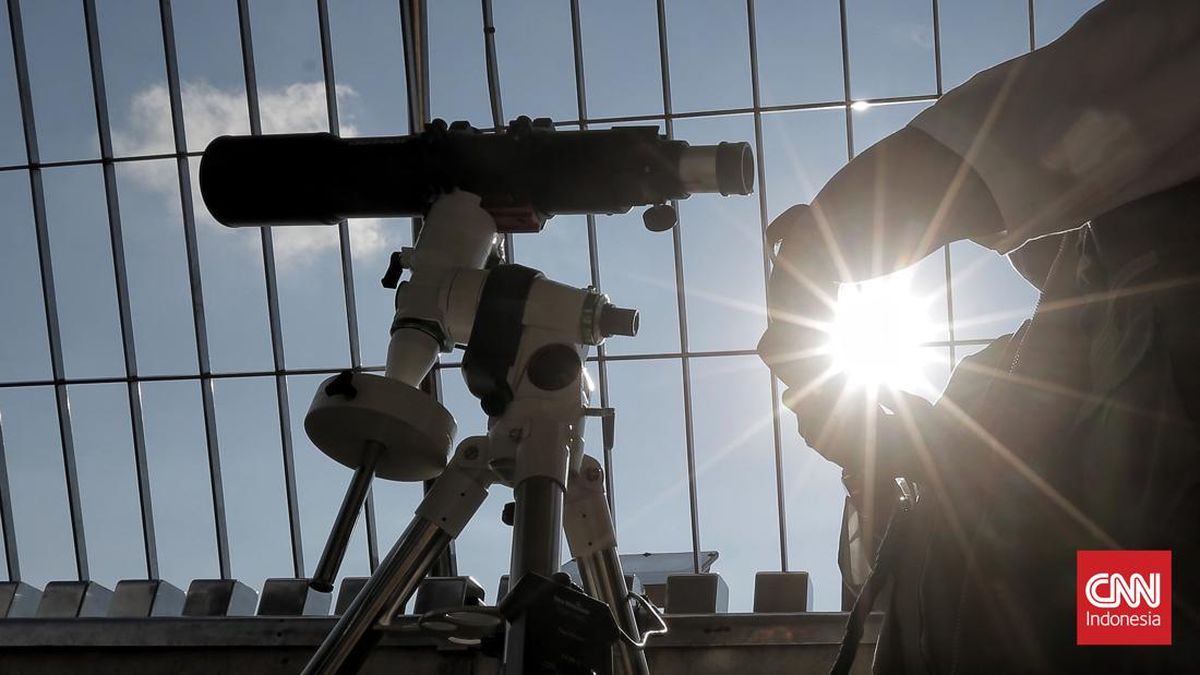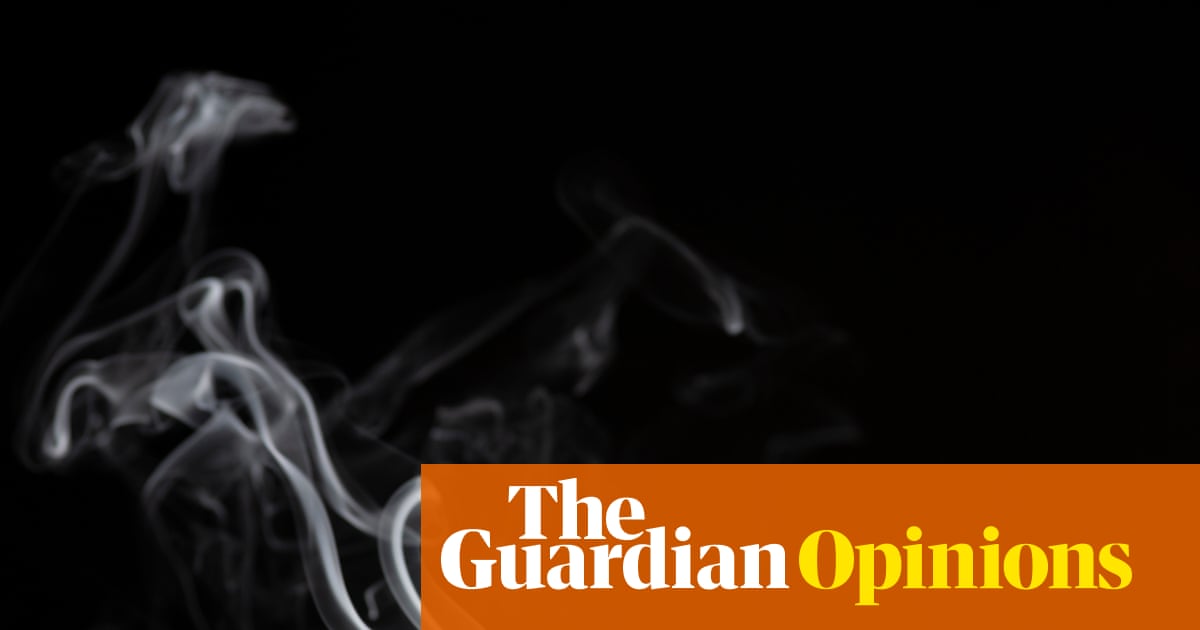Foreign agents from at least three countries are “willing and capable” of assassinating perceived political dissidents on Australian soil, Australia’s spy chief Mike Burgess has claimed.
While not naming the three countries on Tuesday evening, Burgess, the director general of the Australian Security Intelligence Organisation, warned of the risk of a politically motivated assassination in Australia and said: “This threat is real.”
“Given the degrading trajectory of our security environment and the growing willingness of regimes to conduct high-harm operations, Asio assesses there is a realistic possibility a foreign government will attempt to assassinate a perceived dissident in Australia,” Burgess said as he delivered the Lowy Lecture in Sydney.
“We believe there are at least three nations willing and capable of conducting lethal targeting here. It is entirely possible the regimes would try to hide their involvement by hiring criminal cutouts, as Iran did when directing its arson attacks.”
Burgess said Asio and law enforcement partners were “acutely alive” to the threat “and are working around the clock, using all our powers, to protect Australia and Australians”.
He did not name the three countries.
But during his speech, Burgess referred to Iran, whose Revolutionary Guard Corps allegedly directed arson attacks on two Jewish sites in Sydney and Melbourne; and Russia, whose “operatives are covertly stoking and amplifying division” in Australia. He also cited a “strategic power competition” stoking “territorial disputes, including in the South China Sea”.
China, with its so-called “nine-dash line”, makes a claim for the vast majority of the South China Sea, a claim unrecognised by international law.
Burgess has consistently been oblique about countries running spying operations on Australian soil.
In 2021, he said a “nest of spies” had been caught operating in Australia and ordered to leave. The country in question was widely reported at the time to be Russia, but it was ultimately revealed to be India. Cambodia and Rwanda have also been reported in the media as running clandestine foreign intelligence operations on Australian soil.
Australian targeted by foreign intelligence service
In his speech, Burgess said more Australians were currently being targeted for foreign espionage than at any time in the country’s history.
He cited the example of an Australian citizen recently targeted by a foreign intelligence service, who had arranged for the Australian to travel by plane and then by boat to a third country for a face-to-face meeting. At the meeting, the foreign spies were to hand over a list of their intelligence requirements, including information on Australia’s economy, on critical minerals and the Aukus defence agreement.
Asio, however, infiltrated the operation.
“When the intelligence officers arrived at the location, they were not met by their target, they were met by an Asio officer. The conversation was brief but pointed: we told them Australians were off limits; we warned them we would disrupt their operations whenever and wherever we chose; and we sent our regards to the head of their service,” Burgess said.
The message was passed on to the spies’ superiors, he said.
Sign up: AU Breaking News email
Burgess told the Lowy Lecture that social cohesion was under attack from malevolent forces – foreign and domestic – and that this was amplifying security threats.
“Grievance is growing. Intolerance is rising. Inflammatory rhetoric and behaviour is being normalised,” he said.
“Anti-authority beliefs are spreading. There are multiple, cascading and intersecting threats to our social cohesion.”
Burgess described the internet as the greatest incubator of grievance narratives and conspiracy theories.
“It’s an echo chamber for disaffection, misinformation and reinforcement. While the internet incubates, social media accelerates.
“If you engage with hardline but non-violent religious content on one of the most popular platforms, its algorithms will serve up more and more extreme material until, after just a few clicks, you can be watching grotesque Isis propaganda.”
after newsletter promotion
The spy chief also said he was deeply concerned by the potential for AI to exacerbate levels of online radicalisation and disinformation.
“I worry we risk creating real world ‘aggro-rhythms’ where grievance, intolerance, polarisation and rhetoric feed on themselves.
“Inflaming grievance, intolerance, polarisation and rhetoric, increasing the potential for violence.”
Neo-Nazi group ‘opportunistic’ exploiter
Burgess described Australia’s largest neo-Nazi group, the National Socialist Network, as an “opportunistic” exploiter of a fraying social cohesion, skilled at “harnessing and harvesting grievances”. The network re-emerged into public prominence in August, when it hijacked so-called March for Australia rallies.
The group espouses an ideology that is “anti-immigrant, anti-Indigenous, anti-gay, anti-Jew, anti-Islam and anti-anything that does not fit its white Anglo-centric worldview,” Burgess said.
“Its version of social cohesion is monochrome and monocultural.”
Burgess stressed that nationalist and racist violent extremists made up the significant majority of Asio’s investigations into ideologically motivated extremism, but said that the conflict in Gaza had triggered an increase in anarchist and revolutionary extremism, which was also straining cohesion.
He also drew comparisons between the tactics of the National Socialist Network and those of Islamist political organisation Hizb ut Tahrir.
“The organisation’s condemnation of Israel and Jews attracts media attention and aids recruitment, but it deliberately stops short of promoting onshore acts of politically motivated violence,” he said.
Burgess said Hizb ut Tahrir – which is not a listed terrorist organisation in Australia – wanted to test and stretch the boundaries of legality without breaking them.
“As with the neo-Nazis, this does not make its behaviour acceptable. I fear its anti-Israel rhetoric is fuelling and normalising wider antisemitic narratives.”
Burgess reiterated claims about Iran’s role in financing and directing attacks on a Jewish cafe in Sydney and a synagogue in Melbourne in late 2024, contextualising the attacks as part of a broader effort to fan antisemitism globally.
“It is important to understand that Iran did not single Australia out; the ‘summer of antisemitism’ was part of its global effort to foment hatred of the Jewish community and fan the flames of division.”

 3 months ago
67
3 months ago
67

